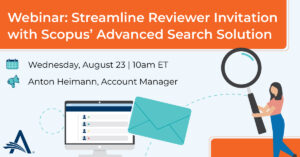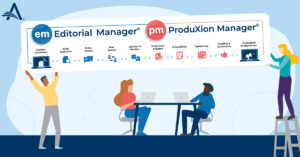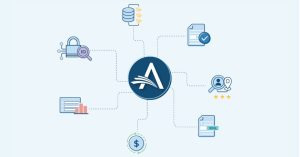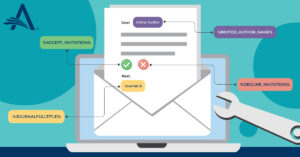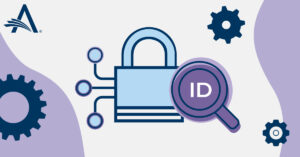
Standard and Emerging Models of Peer Review Defined
Rigorous and impartial peer review is critical to upholding integrity and quality standards in scholarly research and is an integral part of the publishing process. While early forms of peer review began in Europe as far back as the 17th century, it only became more pronounced in the mid-to-late 20th century in which the termRead More

